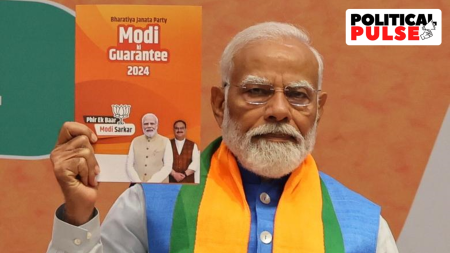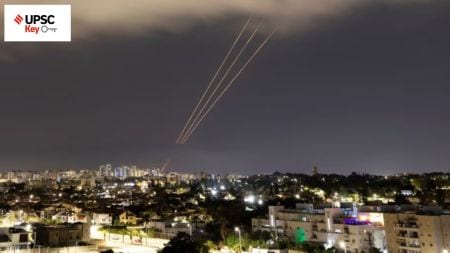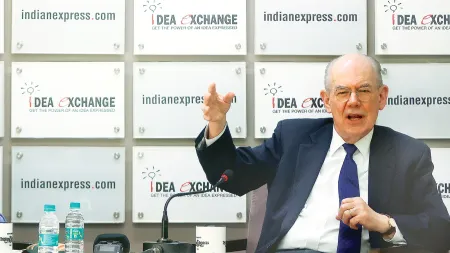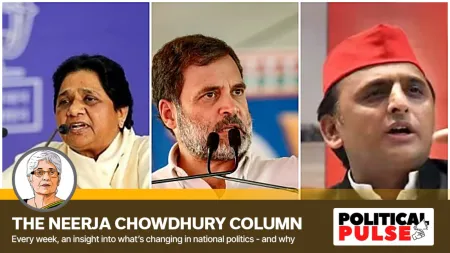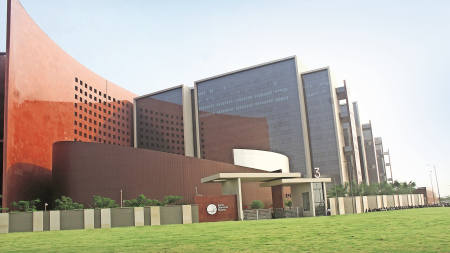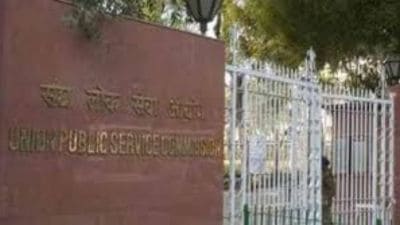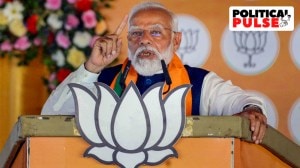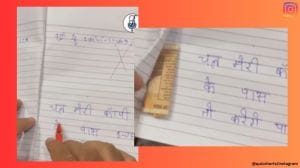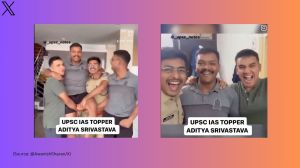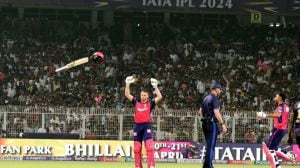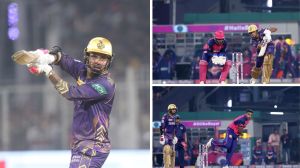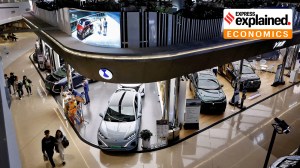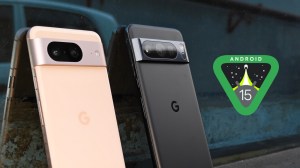- India
- International
A Year Since Gravitational Waves Were Discovered: ‘Preferred’ for LIGO observatory, Hingoli site yet to be finalised
The discovery of gravitational waves was announced last year on February 11 and within a week, the Prime Minister’s Office had given in-principal approval to set up a LIGO in India.
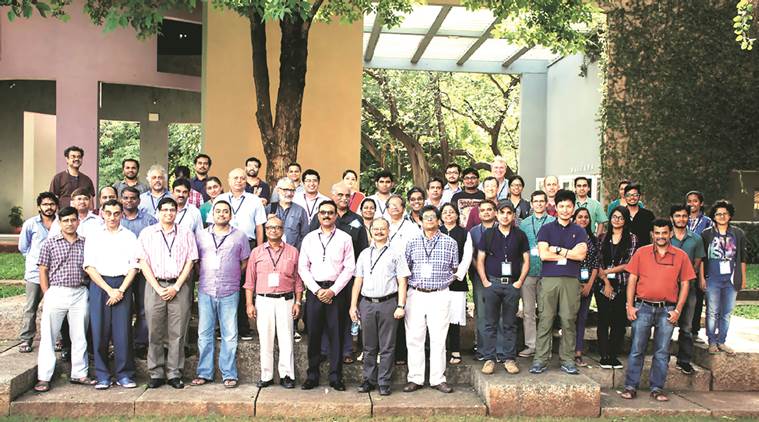 The team of scientists at the IUCAA.
The team of scientists at the IUCAA.
Building the world’s third Laser Interferometer Gravitational Wave observatory (LIGO) is an ambitious task, one that scientists are excited about. But they want to make sure that the ‘primary’ site at Maharashtra’s Hingoli district is the best location to help filter noise and interpret signals better. The discovery of gravitational waves was announced last year on February 11 and within a week, the Prime Minister’s Office had given in-principal approval to set up a LIGO in India.
“LIGO is an extremely sensitive instrument and we want to conduct all checks before making any official announcement,” Dr Somak Raychoudhury, director of the Inter-University Centre for Astronomy and Astrophysics (IUCAA) told The Indian Express.
While the site in Hingoli is the preferred one, there are two other back-up sites. “The final site will be finalised after scientific, technical, seismological and geo-technical surveys are conducted to confirm the suitability of the site,” said Dr Raychoudhury.
Independent and widely separated observatories are crucial to determine the direction of the event causing gravitational waves, and also to verify that the signals come from space, not from some other local phenomenon. To achieve this, the LIGO laboratories are working closely with scientists at the IUCAA, the Raja Ramanna Centre for Advanced Technology and the Institute for Plasma Research, to set up a third such LIGO detector.
The additional detector will improve the ability of the global detector network to localise gravitational-wave sources. “Already, in the second observational run at the advanced LIGO detectors, there have been ‘triggers’ of possible gravitational wave events. IUCAA has now set up a state-of-the-art Tier 2 data centre for the LIGO Science collaboration, where data from the second observational run that commenced in November last year is now being analysed online by researchers from India and worldwide,” Professor Tarun Souradeep, official spokesperson of LIGO-India and a senior professor at IUCAA told The Indian Express.

Professor Sanjeev Dhurandhar, who has been leading Indian research and experimental efforts in the area for the last three decades, said that already two such possible gravitational events have been detected. “Our work fits in the extraction of gravitational signal from the noise. There is a vast volume of data and sophisticated mathematical models are helping us reduce the error bar,” said Dhurandhar.
The LIGO-India project, apart from setting up a state-of-the-art gravitational wave observatory in India, will motivate Indian students and young scientists to explore newer frontiers of knowledge, and will add further impetus to scientific research in the country.
According to Souradeep, the LIGO-India will be a frontier science experiment with major technological challenges involving laser, optics, vacuum and control system. The project will bring the best in fundamental science and high-end technology available in Indian national research laboratories.
“We have launched a series of meetings on the road ahead that has brought researchers together from various institutions. Two meetings have been held in August and December last year and there was promising participation from IITs and IISERs,” said Souradeep.
Click here to join Express Pune WhatsApp channel and get a curated list of our stories
Apr 16: Latest News
- 01
- 02
- 03
- 04
- 05




